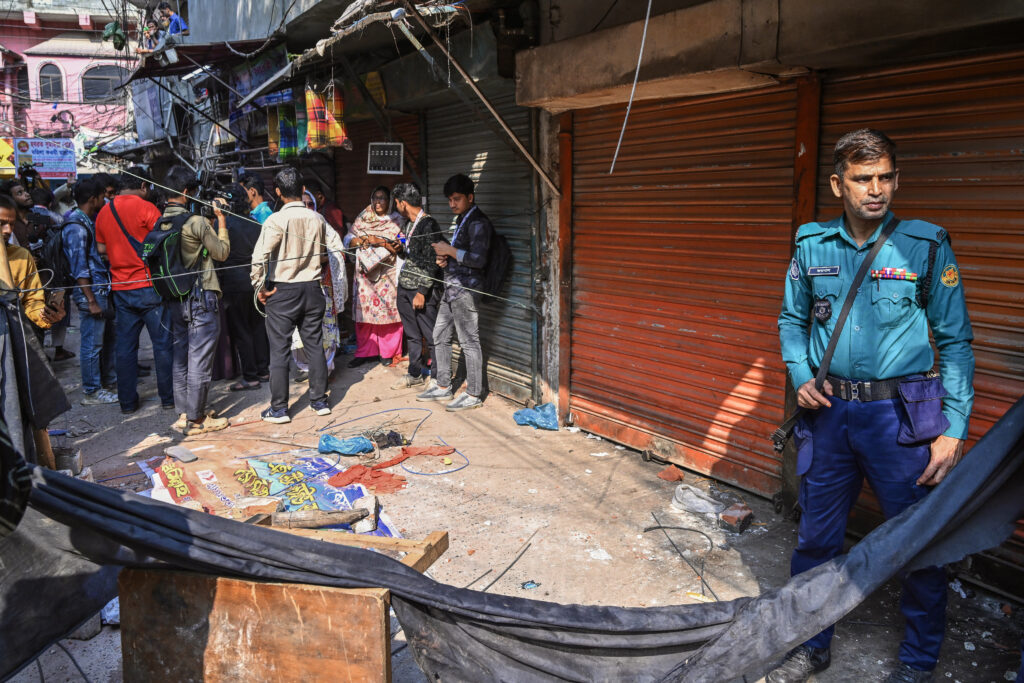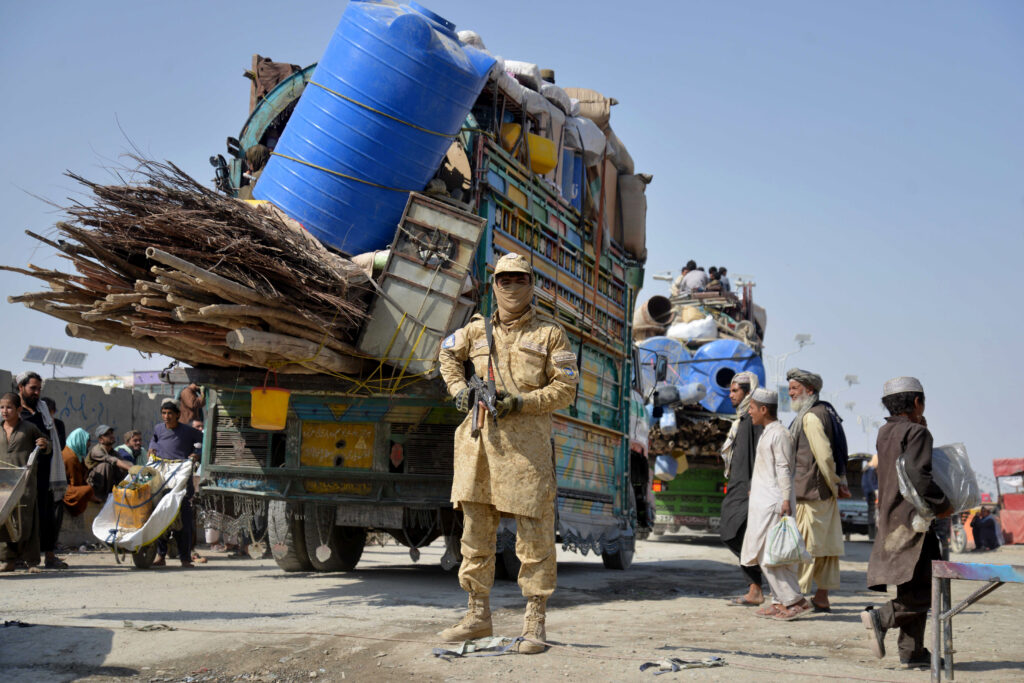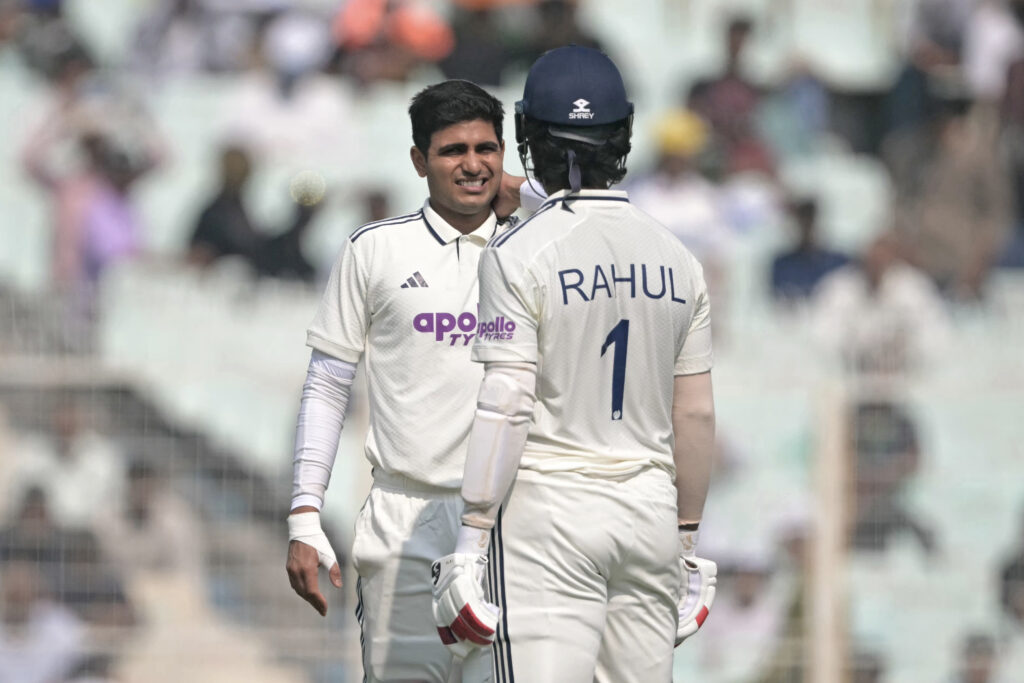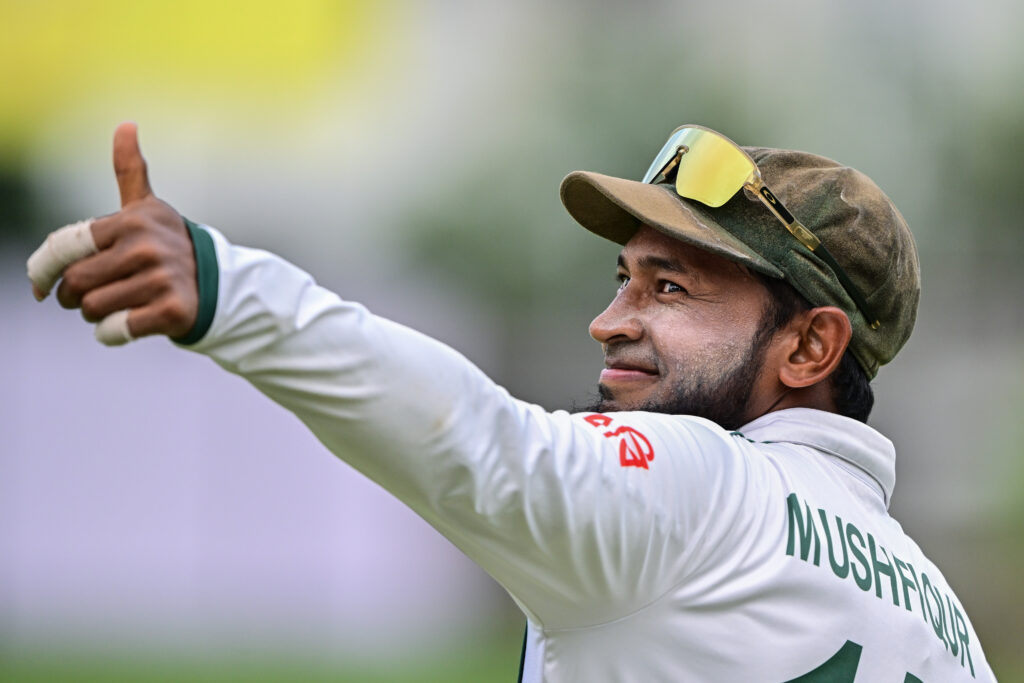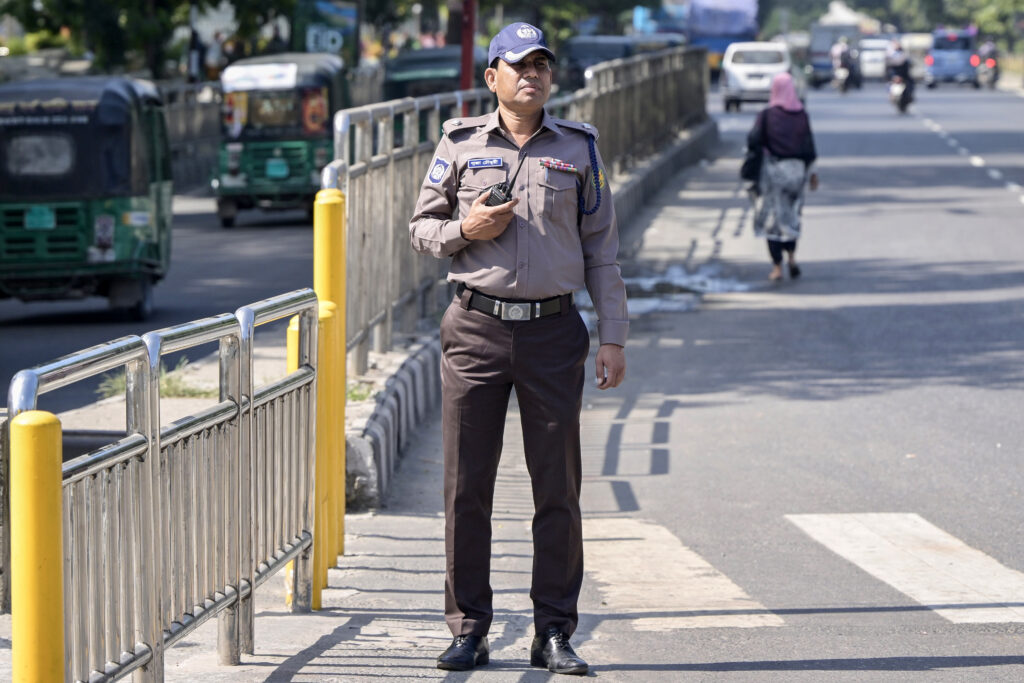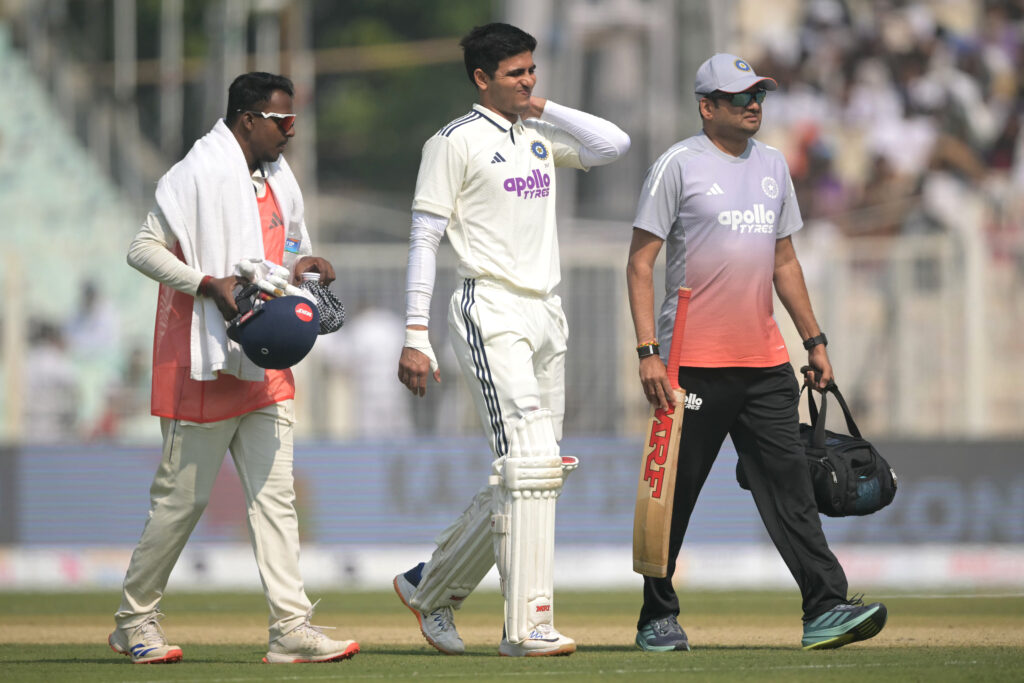Miss Mexico wins Miss Universe contest after host insult drama
Miss Mexico was crowned Miss Universe in Thailand on Friday, strutting to victory after several dramatic missteps before the final round, including staging a walkout when an organiser of the beauty pageant chastised her.Contestants from Ivory Coast, the Philippines, Thailand and Venezuela also made it to the final stage, selected from more than 120 women vying for the title in a contest considered one of the “big four” of global beauty pageants.However, chaos reigned before Miss Mexico Fatima Bosch was crowned, from allegations of an insult to her intelligence to judges quitting and participants falling on and off the stage.Bosch staged a dramatic walkout this month from a meeting where she was lambasted by Miss Universe Thailand director Nawat Itsaragrisil.Nawat appeared in a livestream of the event to single her out during a dispute over her apparent failure to post promotional content on her social media accounts.Bosch, flanked by Miss Iraq, walked out of the room after Nawat called for security to intervene.Others appeared to rise in solidarity with Bosch, before freezing as Nawat warned that those still wanting to participate should “sit down”.”What your director did is not respectful: he called me dumb,” Bosch told reporters at the time. “The world needs to see this because we are empowered women and this is a platform for our voice.”The newly crowned winner told a press conference on Friday that she would like to be remembered as “a Miss Universe that wasn’t afraid to be herself” and “a person that changed, a little bit, the prototype of what is a Miss Universe”.Mexican President Claudia Sheinbaum had called Bosch an “example of how we women should speak out” in the face of aggression after the incident with Nawat.”In public events, I say women look prettier when we speak out,” Sheinbaum said.Nawat later apologised.He initially declined to comment when asked about Bosch on Friday, telling reporters he’d “rather not talk about her”.”It’s better to let pageant fans discuss it. I respect the result anyway,” he said.Nawat then congratulated her later in the same news conference.”I do support, and congratulations again to Mexico’s fans,” he said.- ‘Secret’ vote -Mexican media and social networks were awash with coverage of Bosch after the incident, heightening anticipation.In Villahermosa, Bosch’s hometown, thousands of people gathered at a baseball stadium to watch the pageant live.”Mexico, Mexico!” chanted the crowd, which erupted in cheers and applause when she was crowned, while fireworks lit up the sky, according to Mexican media reports.Other drama in the run-up to the final round included two judges quitting this week, one alleging that the contest was rigged by a “secret and illegitimate vote” held without the official jury.”This vote was conducted by individuals who are not recognised members of the official judging panel,” French composer Omar Harfouch wrote in a statement posted on Instagram.The Miss Universe Organization has denied Harfouch’s claim, saying that “no impromptu jury has been created”.Former professional footballer Claude Makelele also withdrew as a judge, citing “unforeseen personal reasons” in a statement on social media.Miss Britain Danielle Latimer tripped and fell flat on the stage during the costume round on Wednesday while wearing an outfit inspired by the Cockney character Eliza Doolittle.And Miss Jamaica Gabrielle Henry was hospitalised after she fell off the main stage during an evening gown showcase, president of the Miss Universe Organization Raul Rocha said in a statement.Miss Universe Jamaica public relations director Shannon-Dale Reid told AFP on Wednesday that Henry was “resting under medical observation” and had not suffered serious injuries.burs-sco/ami

